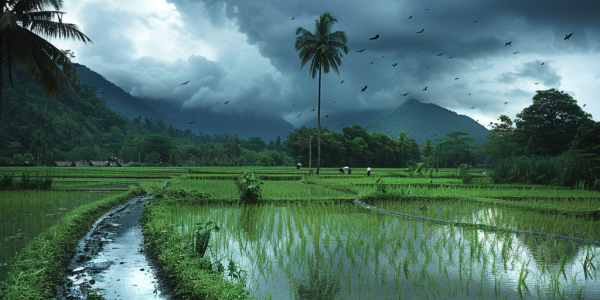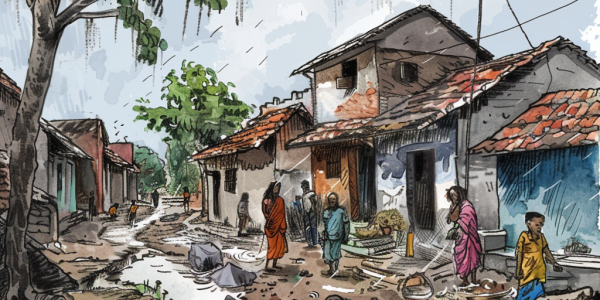Rising Brain Infections in Coastal and Rice Belt Regions During Monsoon
Coastal areas and rice belt population in India are facing a severe risk of brain infections during the monsoon season, with children and the elderly being the most vulnerable. Dr. Sanjay Pandey of Amrita Hospital emphasizes the importance of awareness, preventative measures, and healthcare worker involvement to address this growing public health issue.
Boost Your Immunity with Superfoods During Monsoon Season
Boost your immunity during the monsoon season with superfoods like ginger, turmeric, garlic, citrus fruits, yogurt, almonds, and spinach. These nutrient-rich foods help strengthen your immune system and protect you from infections. Maintain a balanced diet to stay healthy in challenging weather conditions.
Protecting Your Eyes During the Rainy Season
The rainy season brings relief to the eyes with its greenery, but it also poses risks to eye health, especially with the increased likelihood of conjunctivitis. During monsoon, eye infections such as conjunctivitis, fungal, viral, bacterial infections, and allergies become more prevalent, leading to symptoms like redness, dryness, itching, and pain in the eyes. It is crucial to prioritize eye care during this season, as modern lifestyles with prolonged screen time, radiation, and pollution can also contribute to eye problems like glaucoma, cataracts, and myopia. Learn about common eye problems during the rainy season, symptoms of conjunctivitis, and natural remedies to promote better eye health.
Monsoon Season in India Brings Health Risks
As the monsoon season approaches in India, the focus shifts not only to agricultural concerns but also to the potential health risks posed by vector-borne diseases like dengue, malaria, and chikungunya. Understanding the severity of these monsoon-related illnesses underscores the importance of having health insurance for financial protection and peace of mind. Health insurance plans play a crucial role in managing medical expenses and ensuring access to necessary care without financial strain.
Climate Change Extends Dengue Threat in South Asia
Rising temperatures and longer monsoons in South Asia have transformed dengue fever into a year-round threat, breaking the traditional seasonal pattern. Experts warn of unprecedented outbreaks and rising death tolls, emphasizing the evolving danger posed by dengue. Climate change has created ideal conditions for Aedes mosquitoes to thrive, spreading the virus beyond the monsoon season. Effective strategies and proactive measures are crucial in combating this continuous health threat in the region.





